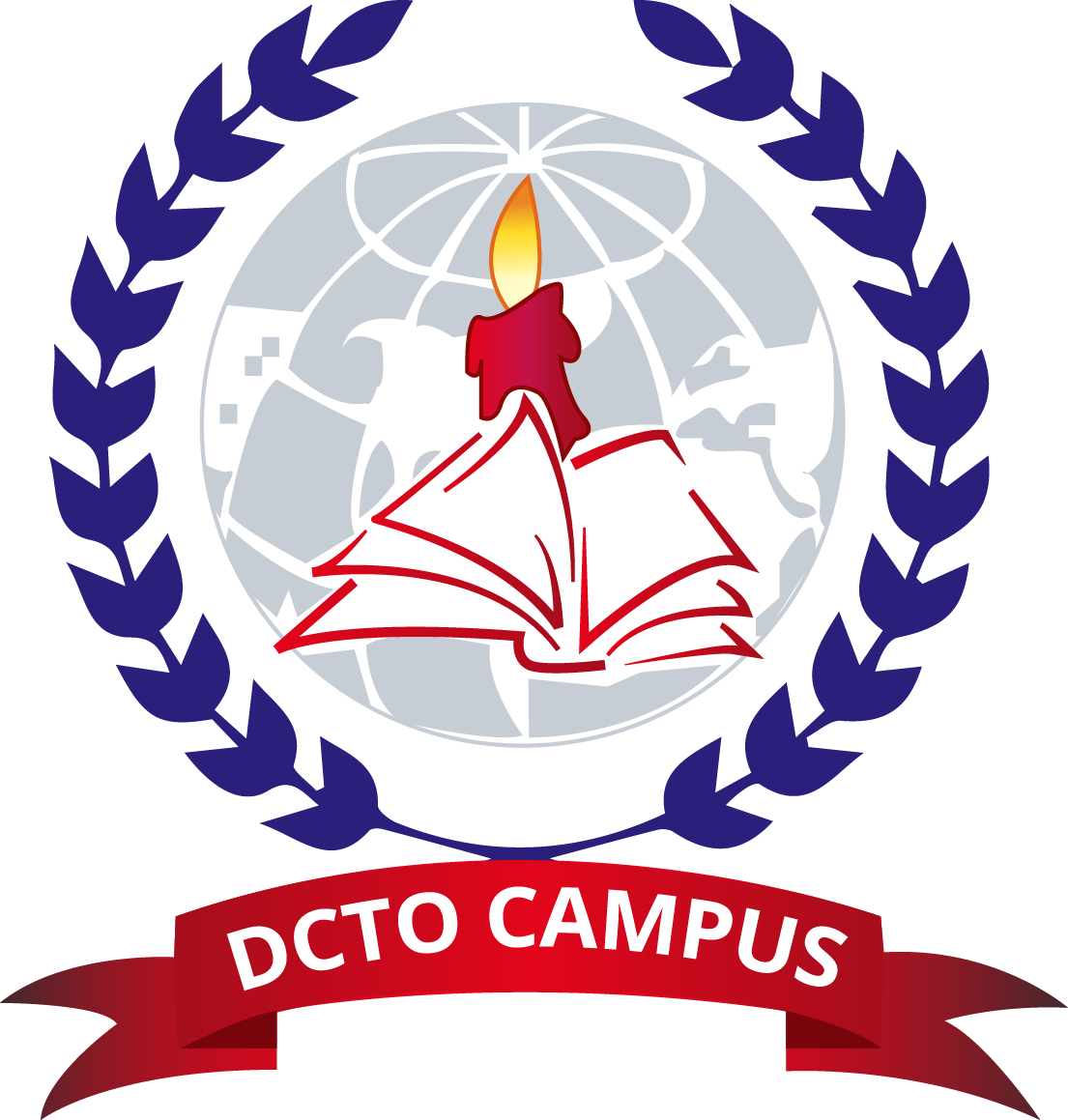Ways of Finding the Perfect Dissertation Topic
Methods for Choosing the Perfect Dissertation Topic
Selecting a dissertation topic is often the initial and most challenging decision for students. The subject you choose shapes your entire scholarly project. A carefully selected topic focuses your research, keeps you motivated, and enhances the quality of your final paper. In contrast, a unsuitable topic can cause stress. This article shares useful strategies to guide you in selecting the perfect dissertation topic.
1. Follow Your Passion
A dissertation is a multi-year project. Writing on a topic you enjoy makes the process less stressful. Ask yourself:
- Which subjects do I like most?
- What problems spark my enthusiasm?
- Can I see myself studying this topic for months?
If your research area is aligned with your interests, you are more likely to succeed.
2. Think About the Future
Your thesis can be more than just an university task. It can influence your professional path. If you plan to work in finance, choose a topic that enhances that field. This makes your research not only academically valuable but also beneficial for your professional growth.
3. Assess Data Access
A great idea is not enough if you cannot get the information needed. Before committing to a topic, check:
- Are there enough books available?
- Can I reach participants easily?
- Do I have access to archives?
A topic with restricted resources can delay your work.
4. Survey Existing Research
A systematic literature review helps you understand what has already been studied. This ensures you don’t copy existing research and spot missing areas. A strong topic is one that contributes to the academic conversation rather than simply repeating what others have done.
5. Contribute Something New
Your dissertation should add new to your field. Originality does not always mean discovering something groundbreaking. It could be:
- Testing an existing theory in a new context.
- Examining a population or region that has been overlooked.
- Combining two different perspectives.
The key is to prove how your work is unique compared to past research.
6. Choose What’s Feasible
Ambitious ideas can be exciting, but achievability matters most. Ask:
- Do I have enough resources to finish this topic?
- Is the scope of the research reasonable?
- Can I complete it within the requirements?
A realistic topic ensures steady progress and avoids burnout.
7. Seek Guidance
Supervisors, mentors, or professors can offer practical input. They may recommend narrowing broad topics, identifying relevant theories, or pointing you to resources. Sharing your ideas early saves time and prevents last-minute shifts later in the process.
8. Balance Broad and Narrow
A topic that is too broad will be impossible to cover, while one too narrow may lack enough depth. For example:
- Too broad: “Education in India.”
- Too narrow: “Impact of one math textbook on one school.”
The ideal topic strikes a balance—specific enough to be manageable, yet broad enough to find sufficient research.
9. Explore Before Committing
Before finalizing your topic, write a short proposal. This helps you see whether the topic is feasible. If you struggle to find references or ignou synopsis clearly define objectives, it may be a sign that the topic needs adjustment.
10. Stay Flexible
Research is a evolving process. Sometimes your initial topic may change as you discover new ideas. Flexibility is important. Don’t be afraid to refine your topic if needed, as long as it stays within your goals and deadlines.
Closing Remarks
Choosing the most suitable dissertation topic is difficult, but it is also the most rewarding step of your research project. By following your interests, you can select a topic that is not only realistic but also valuable. Remember, the most effective topics are those that combine personal passion, academic relevance, and practical feasibility. With careful thought and planning, you can position yourself for a smooth dissertation journey.
